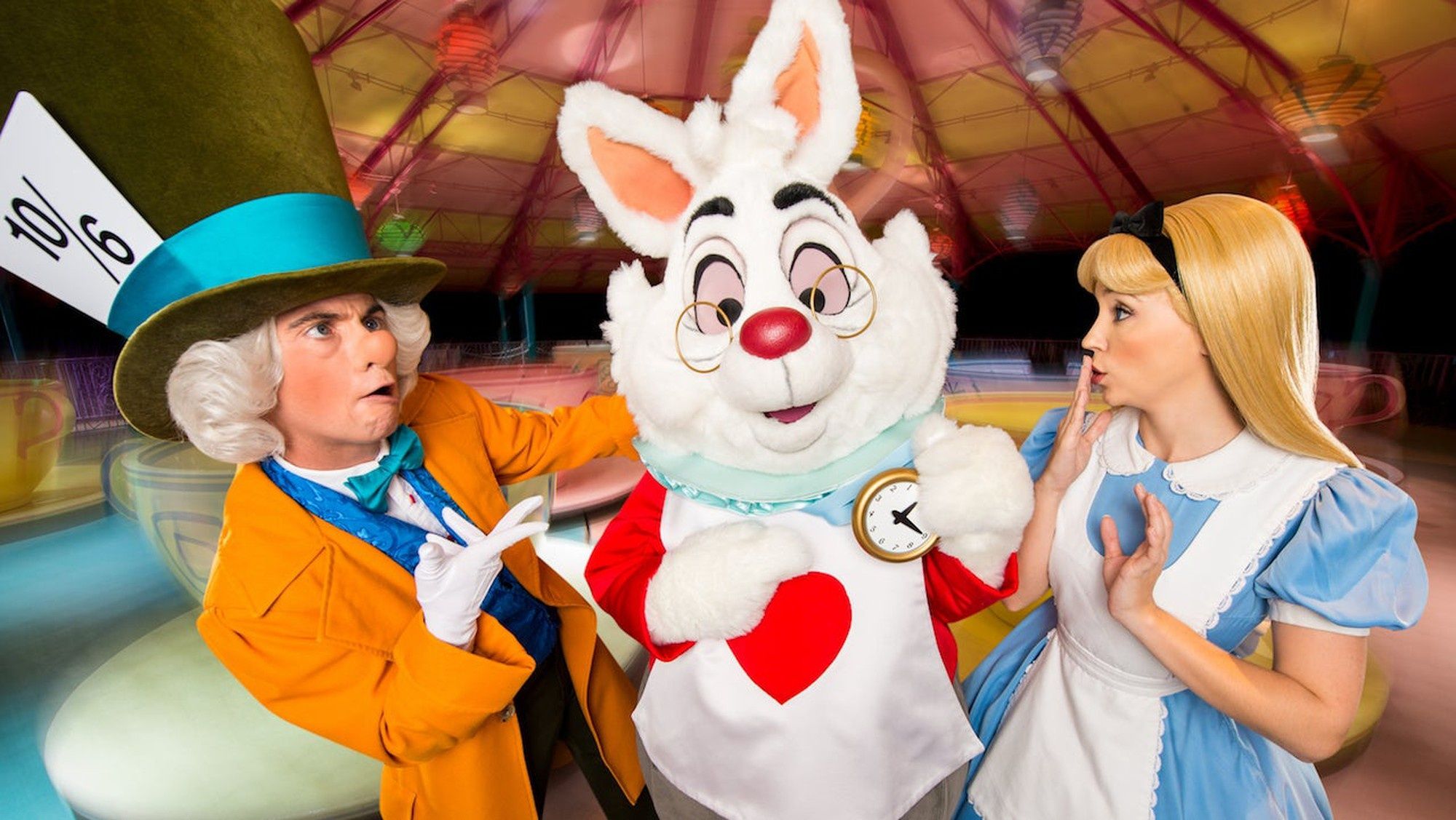Once upon a time, Disney (DIS 0.98%) was the epitome of a safe investment. With its broadly diversified revenue streams, the entertainment colossus gave investors many ways to win. And with each of its businesses helping to reinforce the others, a slowdown in one area of Disney's empire was often offset by strength in the others.
Today, however, that is no longer the case. Disney, in turn, is now a higher-risk stock than many investors believe. Here's why.

Disney stock is riskier than you think. Image source: Getty Images.
Attendance at Disney's parks could take years to recover
Investors who assume that attendance at Disney's parks and resorts will magically recover as soon as they reopen are wishing upon a star. Disney's massive amusement parks are designed to pack in as many visitors as possible. Following social distancing and other safety guidelines during the coronavirus pandemic will not be easy, and doing so will undoubtedly limit attendance, and thereby revenue and profits.
Moreover, many people will choose to forego taking a trip to Disney World or other amusement parks during the pandemic, which could last far longer than investors expect. While we all hope that a vaccine or effective treatment for COVID-19 is found soon, health officials are warning that it could take years to find a vaccine -- and that there's no guarantee it will be effective. Some prominent scientists even caution that it could take up to five years before the COVID-19 crisis is fully under control.
Worse still, there are mounting numbers of children who are becoming severely ill from coronavirus-related illnesses. Will parents take their kids to an amusement park if it puts them at risk of contracting a dangerous disease?
Disney's cruise ship business is sinking
Many of these same risks also apply to Disney's cruise ships. With their cramped living spaces, limited medical supplies, and exposure to new environments and people, cruise ships are highly exposed to COVID-19 outbreaks.
The Centers for Disease Control and Prevention issued a no sail order for cruise ships in March and then extended it for 100 more days in April. If the number of people infected with COVID-19 grows faster than projected, it's possible that health officials will extend these sailing restrictions once again. And, like with amusement parks, there's little reason to believe that people will suddenly flock to cruise ships even after they're allowed to resume sailing operations during the pandemic.
ESPN is struggling without sports
ESPN is another Disney business that's suffering during the COVID-19 crisis. Disney was already shedding cable subscribers before the pandemic, and with few live sports currently under way to entice people to watch its ESPN networks, Disney could see an acceleration in the cord-cutting trend.
Disney could eventually shift ESPN to a direct-to-consumer streaming model. Its ESPN+ streaming service -- which provides complementary sports-based content to ESPN's cable networks -- is already off to a decent start with more than 7 million subscribers. If Disney were to make its full catalog of ESPN offerings available on the service, its subscriber count would likely grow rapidly. But will this streaming model be as profitable as ESPN's current cable package agreements? That's a tall order.
The theater industry is dying
That leaves Disney's studio business to save the day. In years past, this powerful segment may have been up to the task. But with many theaters closed during the pandemic, Disney might be forced to delay the release of its biggest blockbusters.
Disney's unrivaled collection of characters and storylines has long been its most valuable asset. Millions of people piling into theaters all over the world have helped Disney generate billions of dollars in profits over the years. But here again, will people continue to pile into crowded movie theaters if doing so could get them sick?
Many theaters won't survive the pandemic. And it might not be as easy as many investors currently believe for Disney to replace these lost profits.
A new hope
Despite these serious risks, all is not lost. Disney's new streaming service, Disney+, is a home run. The service is growing like wildfire. More than 54 million people have already become subscribers -- and millions more are likely to subscribe in the coming years.
Disney+ could help offset some of Disney's lost theater-based revenue during the pandemic and thereafter. And if it can successfully bundle Hulu and ESPN+ with Disney+, Disney could potentially replace much of its broadcast and cable revenue with streaming sales over time. Whether the profitability of a Disney+ streaming bundle will be comparable to these legacy businesses remains to be seen, however.
If a vaccine or effective antiviral treatment for COVID-19 is found sooner than expected, many of these risks could be lessened. That said, until a cure is found, Disney should no longer be considered one of the safest stocks in the market.






